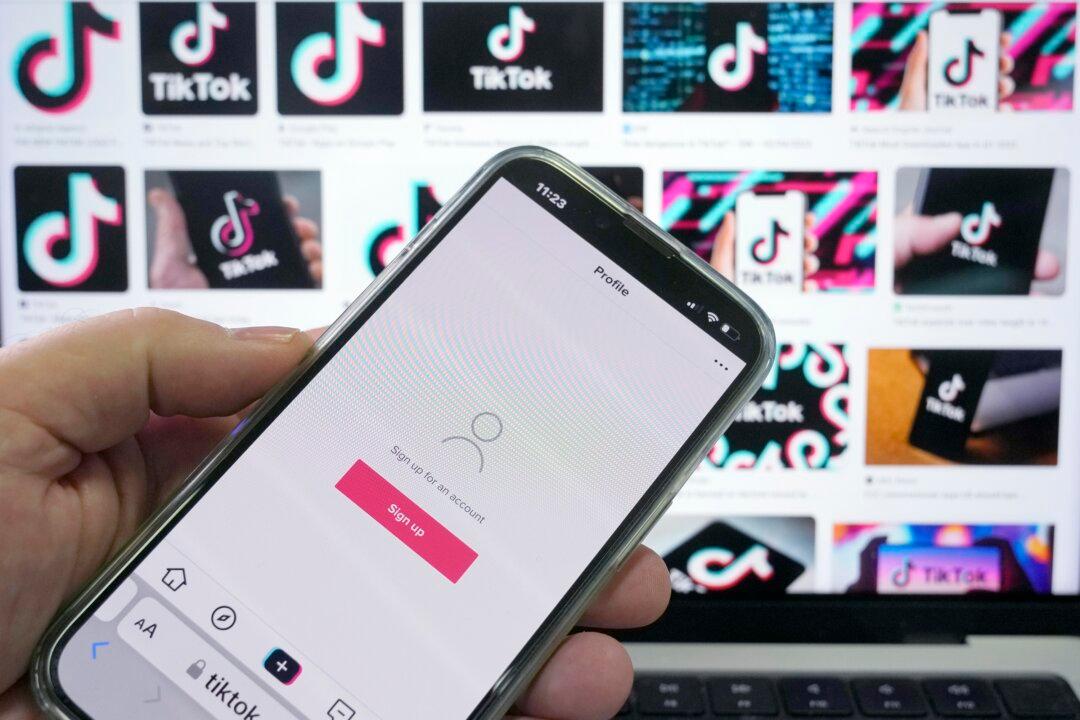The Greens have called the federal government’s decision to ban TikTok on all government devices a publicity stunt to mask the Albanese government’s failings on data privacy across the social media spectrum.
Greens party digital rights spokesperson, Senator David Shoebridge, said that banning TikTok is not a serious reform and argued it could just be “the first hammer blow in an endless game of online whack-a-mole.”




